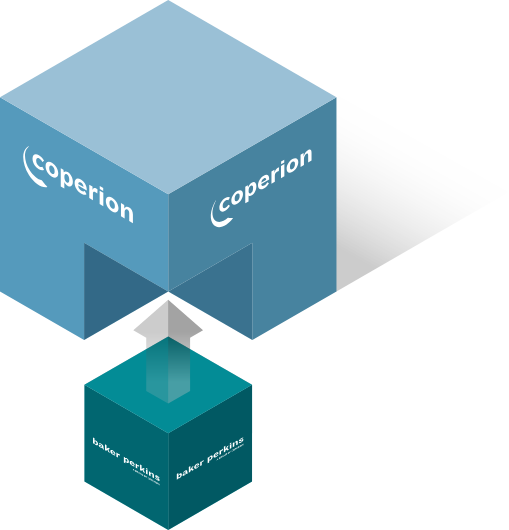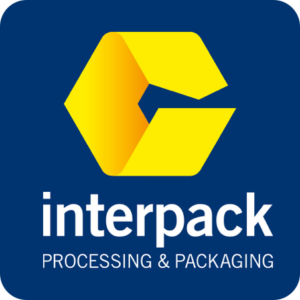Baker Perkins Anti-Slavery Policy
Baker Perkins is committed to minimising the risk of modern slavery occurring within our own business or within our supply chains or within any other business relationship.
This policy applies to all persons working for, or on behalf of, Baker Perkins in any capacity including employees, directors, officers, agency workers, contractors, consultants, interns and any other third party representative.
All who have, or seek to have, a business relationship with Baker Perkins are expected to familiarise themselves with this policy and to act at all times in a way that is consistent with its values.
Forms of Modern Slavery
Modern slavery is the perversion and prevention of an individual’s human rights. This can take various forms including human trafficking, slavery, forced labour and servitude.
Modern slavery can take many forms. The MSA covers four key criminal activities:
- Slavery: where ownership is exercised over an individual
- Servitude: involves the obligation to provide service imposed by coercion
- Forced and compulsory labour: all work or service, not voluntarily performed, which is obtained from an individual under the threat of force or penalty.
- Human trafficking: involves arranging or facilitating the travel of another with a view to exploiting them
Baker Perkins will not tolerate these or any other forms of modern slavery, including child labour.
Whilst not always illegal in the jurisdiction in which it takes places, child labour involves the employment of children that is exploitative, or is likely to be hazardous to, or interfere with, a child’s education, health (including mental health), physical wellbeing or social development.
Measures Taken to Underpin this Policy
Baker Perkins conducts online training for all procurement professionals regarding modern slavery. This course highlights the prevalence of slavery in certain industries and demographics, and how best to identify, prevent and terminate any use of it in Baker Perkins’ supply chain.
When entering into contracts with new suppliers, an assessment must be passed before Baker Perkins begins trading with them. Among other things, this assessment identifies areas where there is a potential risk of the supplier failing to comply with our ethical policies and standards.
All suppliers are made aware of this policy on each contract with Baker Perkins.
Non-compliance with our policies and standards will result in action being taken. This may include specifying a fixed period of time to eliminate any contradictory processes or relationships; the imposition of scheduled audits; termination of the relationship; dismissal of employees and termination of contracts with companies or agencies. The appropriate action will be judged on factors including scale and duration of the non-compliance.
Responsibilities and Review of this Policy
The Managing Director has overall responsibility for this policy and in ensuring that the Company complies with all its legal and ethical obligations.
All line mangers are responsible for ensuring that those reporting directly to them comply with the provisions of this policy in the day to day performance of their roles.
The Director of HR will ensure that relevant staff receive adequate training on this policy and any supporting processes applicable to their role.
Everybody to whom this policy applies will be expected to co-operate to the fullest extent possible in any investigation into suspected breaches of this policy or any related processes or procedures.
This Anti-slavery policy will be reviewed on an annual basis.
Signed,

David Spooner
Managing Director
28 April 2023










